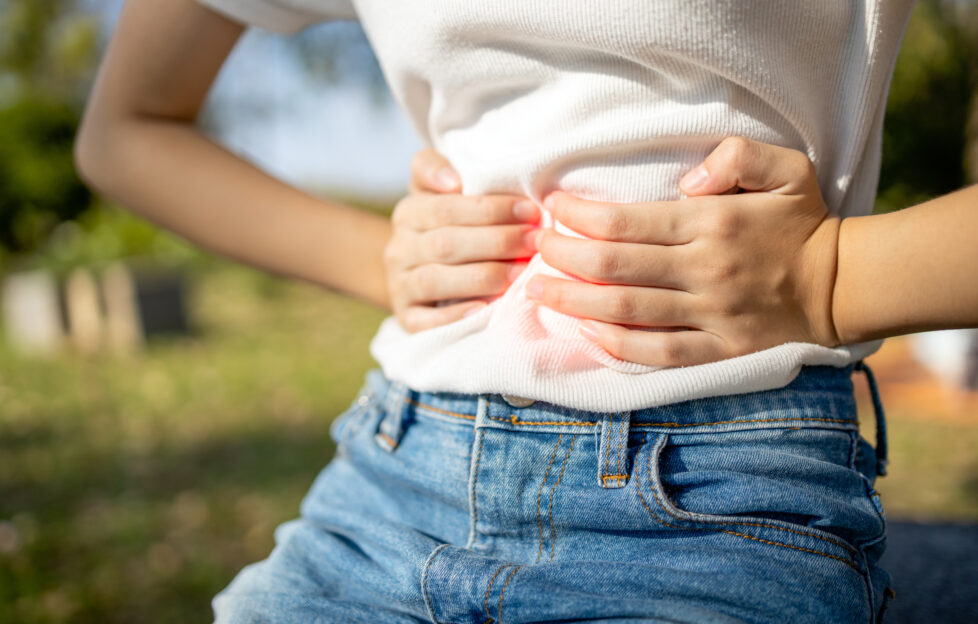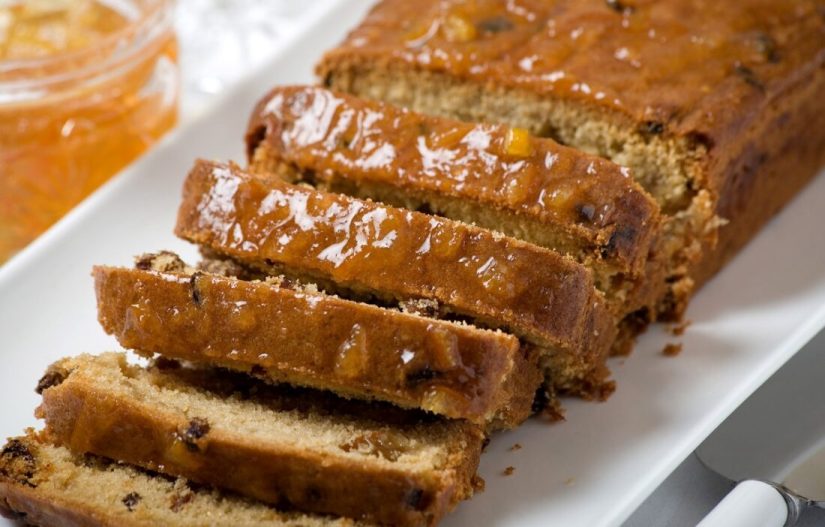 Shutterstock / CGN089©
Shutterstock / CGN089©Public Health England have warned about an outbreak of norovirus (commonly known as the winter vomiting bug), following a recent surge in cases.
Norovirus cases have been lower than usual during the pandemic, as people have been mixing less, meaning the virus wasn’t able to spread. With restrictions now relaxed, there have been significant increases in cases across all age groups.
Here, we ask Bupa’s Medical Director, Dr Robin Clark, about how to prevent norovirus, its most common symptoms and what to do if you catch it.
What are norovirus symptoms?
Norovirus is one of the main causes of gastroenteritis. Symptoms tend to come on suddenly, with the most common being nausea, projectile vomiting, and watery diarrhoea. Tummy cramps are also common, and it can sometimes cause a fever.
How long does norovirus last?
Although it’s unpleasant, the good news is that the bug is short-lived and should be out of your system within one to two days. Diarrhoea may last a little longer.
If you think you’ve caught norovirus, it’s important not to visit hospitals, your GP surgery, family, friends, or relatives in care homes or other public spaces. You could easily spread the infection to other people, and potentially to people who already have poor health or underlying conditions.
If you already have a serious illness, or your symptoms carry on for more than three days or worsen, then speak to your GP. They’ll be able to give you advice about what to do and assess if you need further examination or treatment.
Three tips to prevent norovirus:
Practice good hand hygiene
It’s a message worth repeating – hand washing is one of the most important things we can do to protect ourselves and prevent the spread of viruses. Even if they look clean, your hands can still carry many germs. That’s why cleaning hands regularly and effectively is so important.
Wet your hands under warm running water and apply a small amount of liquid soap to your hands. Rub your hands together vigorously. Make sure you apply soap and water to all surfaces of your hands for at least 20 seconds, and up to one minute. Dry your hands thoroughly once you’ve rinsed your hands.
Carefully prepare your food
Make sure that you rinse off all fresh fruits and vegetables before you eat them. Make sure you’re also cooking your food thoroughly.
Ensure any shellfish you eat are cooked as well, because they can also transmit the virus due to how they’re harvested and grown.
Lead a healthy lifestyle
Keeping your immune system strong and healthy will help you fight infection. Make sure you’re getting enough sleep, eating a healthy, balanced diet, exercising regularly, and reducing stress.
What should I do if I catch norovirus?
Stay at home
Norovirus is highly contagious, so you don’t want to risk passing it on to others, especially vulnerable people. Avoid visiting your GP surgery, hospital, family, friends, or relatives in care homes.
Stay hydrated
When you have norovirus symptoms, such as vomiting and diarrhoea, you need to replace the fluids you’re losing to prevent dehydration. The best thing you can do is drink water regularly. Take frequent, small sips of water. You can buy rehydration solutions over the counter from your pharmacy. Ask a friend or family member to collect these, to prevent you from spreading the virus.
Wash your hands
Thoroughly washing your hands, especially after going to the toilet, changing nappies or before preparing food, is essential to prevent spreading the illness to others. Don’t rely on alcohol gels (hand sanitisers), as these do not kill norovirus – always wash your hands with warm water and soap (liquid is better to use than bars of soap).
Disinfect surfaces
Thoroughly clean hard surfaces, such as door handles, taps and kitchen surfaces, with hot water, detergents, and disinfectant. Wash soiled clothes straightaway at 60 degrees or higher. This will reduce the risk of others coming into contact with the virus. Don’t prepare food for other people until you’re fully recovered – at least 48 hours after your symptoms have gone away.
Seek medical support
If you think you or someone you’re caring for is severely dehydrated, call your GP surgery or NHS 111.
For more health tips from “The People’s Friend”, click here.




